We are celebrating the 10-year anniversary of Debats d’Educació by giving the educational community the opportunity to air its views
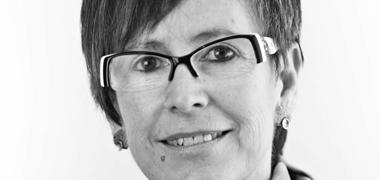
I am a professor of secondary education with nearly thirty years of experience as a social sciences teacher. I have held management and pedagogical coordination posts at various secondary schools in Badalona. At present, I form part of the Teaching Training Unit at the UAB’s Institute of Educational Sciences, where my work is involved with in-centre training and improvement processes.
The three things I’ve learned
Nurture collective intelligence
I have learned that in the education system there are excellent professionals, but few opportunities for collective improvement. The challenge lies in changing the bureaucratic operation of schools and converting them into drivers of shared intelligence. Teachers have to be able to construct their own professional identity in rich contexts that are conducive to learning and personal growth. This entails breaking walls and individual routines and attaching value to communication and the capacity to develop joint thinking. Time is required in order to create a new culture and give value to other ways of doing things: promoting the capacity to analyse and to listen, permitting doubt, reinforcing the collective search for answers, tolerating error and ambiguity...
The sense of belonging
I have learned that people do not stand out or learn because learning is imposed on them, but because they want to attain this learning. That the sense of belonging does not depend so much on what the group offers the individuals who are part of it, as on the group’s capacity to make them feel useful in the pursuit of their purpose. I have noted that the most cohesive schools are those that encourage high levels of commitment in their teachers. Shared projects must be offered incentives and recognition, and the teaching career must be encouraged within the framework of collective projects.
The map is not the territory
I have learned that fostering and enhancing the feeling of belonging and the desire to learn of collectives of teachers so that they may become dynamic entities is not dependent on applying simplified or technocratic formulas. The creation of intelligent schools is an ambitious and complex objective for which there are no easy shortcuts. Neither recipes nor models to be emulated in the short term are the solution, but rather a global policy that fosters a new professional culture in teachers.






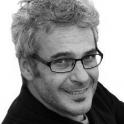
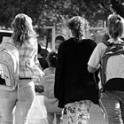
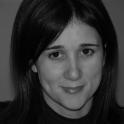
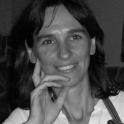
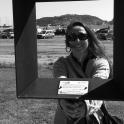
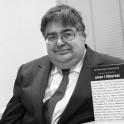
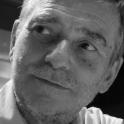


 The texts published on this website are, unless otherwise indicated, covered by the Creative Commons Spain Attribution 3.0 licence. You may copy, distribute, transmit and adapt the work, provided you attribute it (authorship, journal name, publisher) in the manner specified by the author(s) or licensor(s). The full text of the licence can be consulted here:
The texts published on this website are, unless otherwise indicated, covered by the Creative Commons Spain Attribution 3.0 licence. You may copy, distribute, transmit and adapt the work, provided you attribute it (authorship, journal name, publisher) in the manner specified by the author(s) or licensor(s). The full text of the licence can be consulted here: